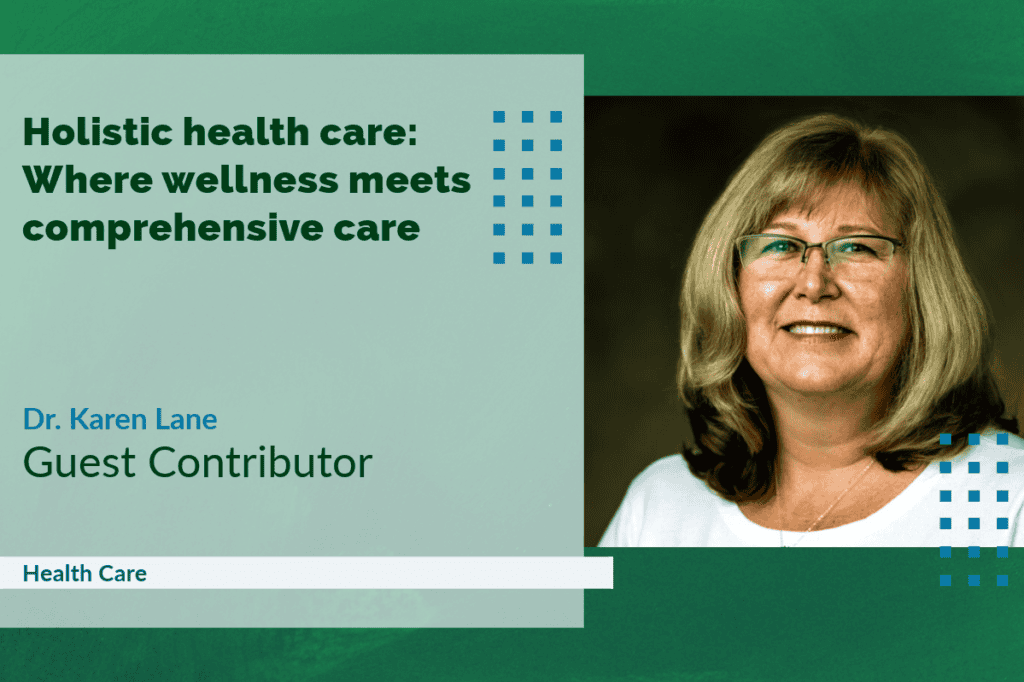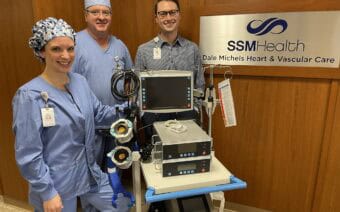
February 10, 2025
In today’s fast-evolving healthcare landscape, the importance of a holistic approach to patient care has never been more evident.
A holistic approach emphasizes treating the whole person – body, mind and spirit – by addressing not only physical health but also mental, emotional and social well-being.
This comprehensive model can be essential to achieving better outcomes for patients and improving the overall efficiency of healthcare systems.
Oneida Comprehensive Health Division (OCHD), an indigenous healthcare system operating near Green Bay, exemplifies holistic care.
Though it benefits from proximity to a larger, less isolated, metropolitan area and partner health systems, it’s not just geographic location that sets it apart.
Its true strength lies in its commitment to genuine integrated care – where various health services come together to meet a patient’s full spectrum of needs within a single division.
Integrated care model
Comprehensive health systems that offer a wide range of integrated services – like medical, dental, optical, mental health, substance use services, lab, radiology services, physical therapy and specialized public health programs (diabetes education and maternal health services) – can help make it easier for patients to coordinate care across an entire lifetime.
In doing so, they can address not just a patient’s immediate health concerns but also long-term wellness, prevention and education.
This model of integrated care is particularly important when it comes to improving outcomes for patients with chronic conditions or complex needs.
For example, patients dealing with mental health issues may also face physical health challenges, such as poor nutrition or chronic disease.
A holistic system that connects mental health professionals, primary care providers, nutritionists and therapists can help ensure all aspects of a patient’s health are addressed in tandem.
Reducing fragmentation
Across the healthcare industry, more and more systems are heading toward adopting more holistic models in response to growing evidence that treating the whole person leads to better long-term health outcomes.
By focusing on prevention, early intervention and the integration of physical, mental and social care, comprehensive health systems help reduce fragmentation that can oftentimes plague traditional healthcare delivery.
For many patients, health care is not just about seeking medical treatment when they are ill – it’s about having consistent, personalized care that understands their cultural, emotional and social context.
In this way, holistic care systems are also better positioned to serve diverse populations by integrating cultural sensitivity and community-specific care into their practices.
As the healthcare industry continues to evolve, more systems are starting to embrace this model of care.
You wonder why?
A holistic approach not only improves health outcomes but also reduces healthcare costs by focusing on prevention and coordinated care.
The future of health care lies in systems that recognize the interconnectedness of the body and mind and treat patients in a way that nurtures both.
 BCI Burke works so kids of all abilities can play
BCI Burke works so kids of all abilities can play WAF named U.S. Manufacturing Leadership Award finalist
WAF named U.S. Manufacturing Leadership Award finalist







